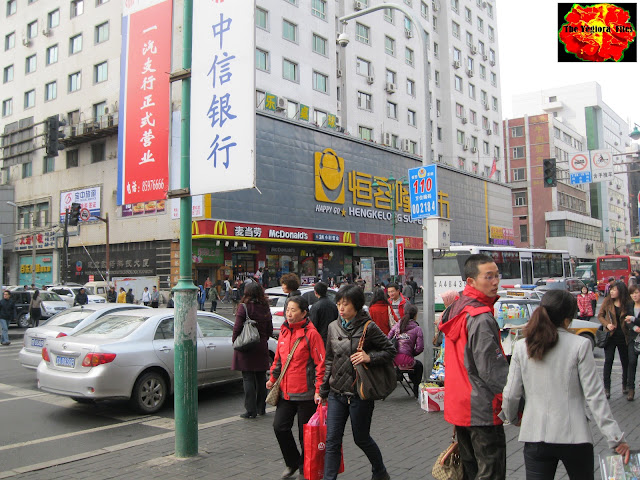PNG needs China despite U.S. defense agreements
The expectation was for Papua New Guinea (PNG) to host both Indian Prime Minister Narendra Modi and United States (U.S.) President Joe Biden. Unfortunately, Biden cancelled his visit due to domestic political pressure. U.S. Secretary of State Anthony Blinken who successfully signed the Defense Cooperation Agreement and the Agreement to Counter Illicit Transnational Maritime Activity represented him.
Many in the country and other international observers are now asking about the implications of PNG's security cooperation with the U.S. They are concerned that this reactivated working relationship will affect PNG's bilateral relationship with China.
PNG was the first country in the Pacific to sign up to the Belt and Road Initiative (BRI) in 2018 when Peter O'Neill was the prime minister. A major legacy infrastructure project that is categorized under the list of BRI projects is the 5,457-kilometer Kumul Submarine Cable Network that connects 14 coastal provinces. This vital infrastructure project has paved the way for advancement in digital commerce, online learning, and digital government in PNG.
More importantly, Chinese businesses and entrepreneurs have already become a significant part of PNG's economy. Chinese firms operate in various towns and cities around the country. They have taken the risk by investing in locations where investors from other foreign nationalities have not dared. They have quickly adjusted to the way of life and localized by speaking the Tok Pisin language.
Chinese investor PNG Hydro Development Ltd. has collaborated with local landowners outside of Port Moresby to build a hydro dam that will supply electricity to the capital city, which has the largest population and houses the diplomatic community. This vital investment in the energy sector to address the problem of constant blackouts caused by a growing demand by consumers and inadequate electricity supply shows the ability of Chinese entrepreneurs to diversify their investment portfolio.
In the resources sector, the nickel and cobalt mine in Madang Province is China's flagship project in the Pacific. China Metallurgical Corporation has helped the local communities by building schools, health centers, and roads. It has also funded women and youth development programs. Chinese firms have also co-funded the Sir Peter Barter Education Scholarship program to assist local students attending universities and tertiary institutions.
PNG Prime Minister James Marape has made it explicitly clear in his interviews recently that China is economically important to PNG. The security cooperation with the U.S. will not prompt PNG to turn its back towards China. PNG will continue to sell its natural resources to China and will continue to buy Chinese manufactured products. PNG will also work on making the country attractive for more Chinese foreign direct investments.
However, Marape has no control over what might happen between the U.S. and China in the next 10 years and how it will affect PNG. The tensions between Washington and Beijing is growing and diversifying at a rapid pace from territorial issues related to the South China Sea, the claimed security risk posed by technological companies and their products, including the Taiwan issue. That means Marape and his group of foreign policy advisors have not critically calculated the risks of the decision they have made to host U.S. military personnel and equipment.
If there is a military conflict between the U.S. and China, what will happen to the current ongoing BRI infrastructure projects? What will happen to the Chinese businesses and entrepreneurs who are actively engaging in the PNG economy? What guarantee will PNG give to the major private Chinese investors who have invested in major projects around the country? How will the military conflict affect the operations of the Chinese Ramu Nico mine in Madang Province? Has the PNG Government undertaken any major research into how a military conflict between two of the most powerful countries in the world will affect the PNG economy?
The U.S. like any other country is pursuing its own national interest to enhance and maintain its influence in the Indo-Pacific region. A vital part of their diplomatic strategy to achieve their national interest is to reinforce their military presence in PNG because of its strategic geographical position.

Comments
Post a Comment